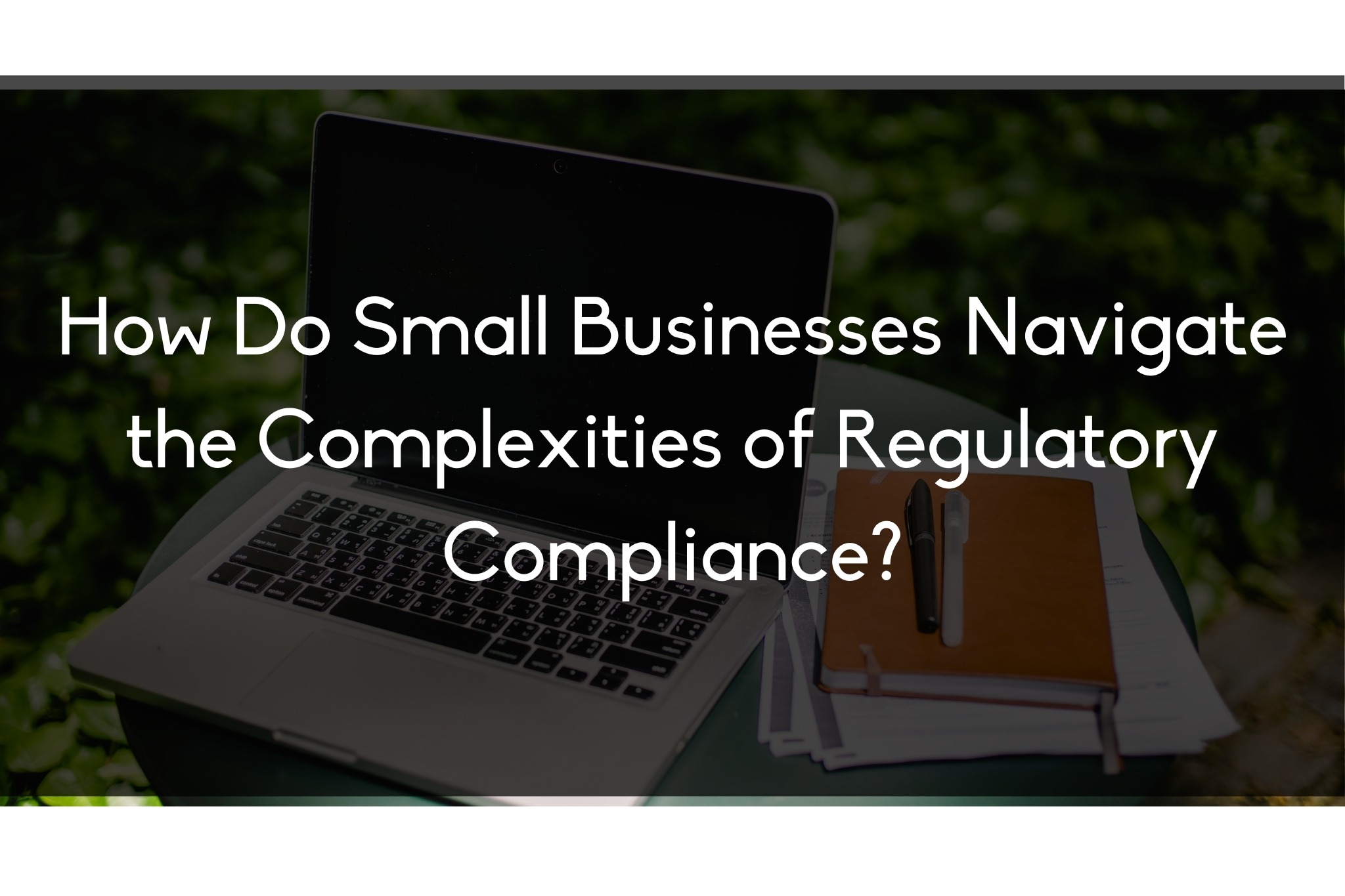Starting a business is an exhilarating journey filled with hopes, dreams, and aspirations. The idea of being your own boss, creating something from scratch, and potentially changing the world is incredibly appealing. However, the road to entrepreneurial success is fraught with challenges and obstacles. Many startups fail within the first few years, and often, these failures can be traced back to a few common mistakes. Among these, one mistake stands out as the most significant and potentially devastating.
So, what is the biggest mistake people make when starting a business? The answer is: Failing to understand and validate their market. Many entrepreneurs are so passionate about their idea that they skip the critical steps of thoroughly researching their market and validating their concept with real customers.
Understanding your market is the foundation upon which successful businesses are built. Without this crucial step, even the most brilliant ideas can flounder. Read on as we dive deeper into why market understanding and validation are essential, and how to ensure you don’t make this common mistake.
One of the most beautiful aspects of entrepreneurship is the passion that drives individuals to pursue their dreams. However, passion alone is not enough to guarantee success. A common mistake is assuming that because you love your idea, others will too. This assumption can lead to investing time, money, and resources into a product or service that ultimately has no market demand.
Market research is the process of gathering, analyzing, and interpreting information about a market, including information about the target audience, competitors, and industry trends. This step is crucial because it helps entrepreneurs understand if there is a demand for their product or service, who their competitors are, and how they can position themselves in the market. Skipping this step can lead to launching a product that no one wants or needs.
Customer validation involves directly interacting with potential customers to test your business idea. This step helps you gather feedback, understand customer pain points, and refine your product or service before a full-scale launch. It’s about ensuring that real people, outside of your friends and family, see value in what you’re offering.
Let’s look at some real-life examples of businesses that failed due to a lack of market understanding and validation.
Starting a business is a thrilling adventure, but it’s crucial to ground your passion with solid market understanding and validation. Skipping this step can lead to significant financial losses and disappointment. By taking the time to thoroughly research your market, validate your ideas with real customers, and continuously gather feedback, you can increase your chances of building a successful and sustainable business. Remember, it’s not enough to love your idea; you need to ensure that others do too.

